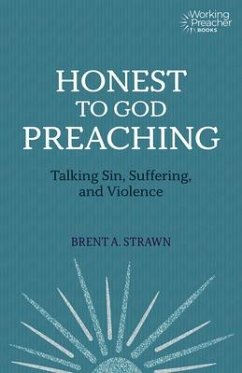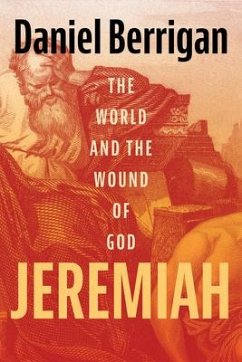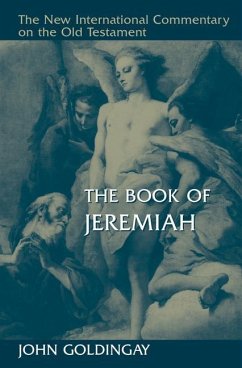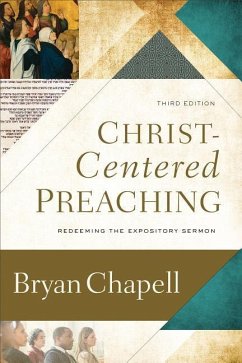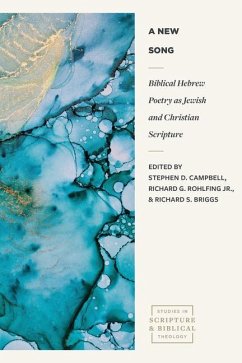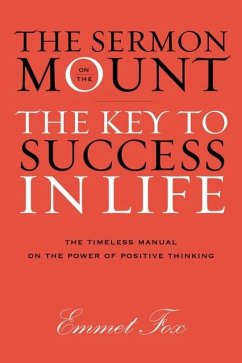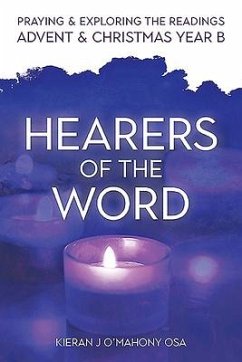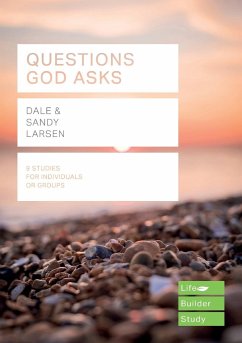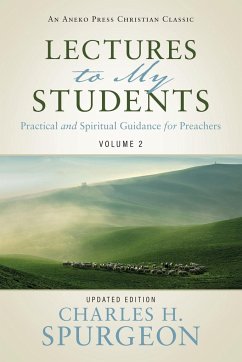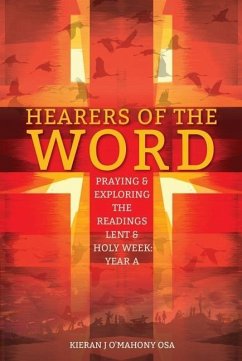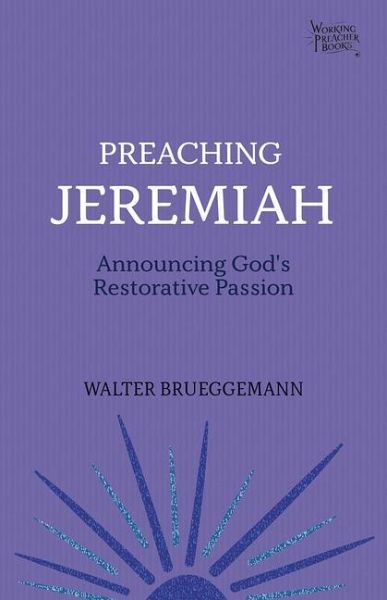
Preaching Jeremiah
Announcing God's Restorative Passion

PAYBACK Punkte
8 °P sammeln!
Preeminent biblical scholar and preacher Walter Brueggemann says the book of Jeremiah is not a sermon, but it does sound the cadences of the tradition of Deuteronomy that serve as sermons--that is, as expositions based on remembered and treasured tradition. In this volume, Brueggemann conducts an experiment in homiletics. He wants us to wrestle with the question, What if we allow the canonical shape of the book of Jeremiah to instruct us concerning the shape and trajectory of the sermon? More specifically, he wonders: What if the book of Jeremiah is treated as a long sermonic reflection about ...
Preeminent biblical scholar and preacher Walter Brueggemann says the book of Jeremiah is not a sermon, but it does sound the cadences of the tradition of Deuteronomy that serve as sermons--that is, as expositions based on remembered and treasured tradition. In this volume, Brueggemann conducts an experiment in homiletics. He wants us to wrestle with the question, What if we allow the canonical shape of the book of Jeremiah to instruct us concerning the shape and trajectory of the sermon? More specifically, he wonders: What if the book of Jeremiah is treated as a long sermonic reflection about the traumatic events that led to exile and displacement for the people of Judah? Why did it happen? Is God faithful? Does God punish? Is there any future? This theme and these questions can also be related to the crucifixion of Jesus and the displacement experienced by his followers. Brueggemann extends his wonderment further to the displacement experienced in modern American culture, as events jolt our notions of exceptionalism and chosenness. All of those same propensities were at work in ancient Israel in the wake of the displacement of Jerusalem, a wake given voice in the book of Jeremiah. Brueggemann analyzes the various parts of the sermon through the organization of the book of Jeremiah, looking at Introduction, Body, and Conclusion, comparing them to Good Friday, Holy Saturday, and Resurrection Sunday. The task of the preacher mirrors the task of the prophet who seeks to pluck and tear down, as well as to plant and to build. The preacher cannot, as he says, participate in a cover-up. The preaching task requires honesty about what God requires and a clear proclamation of what God has done and will yet do.





